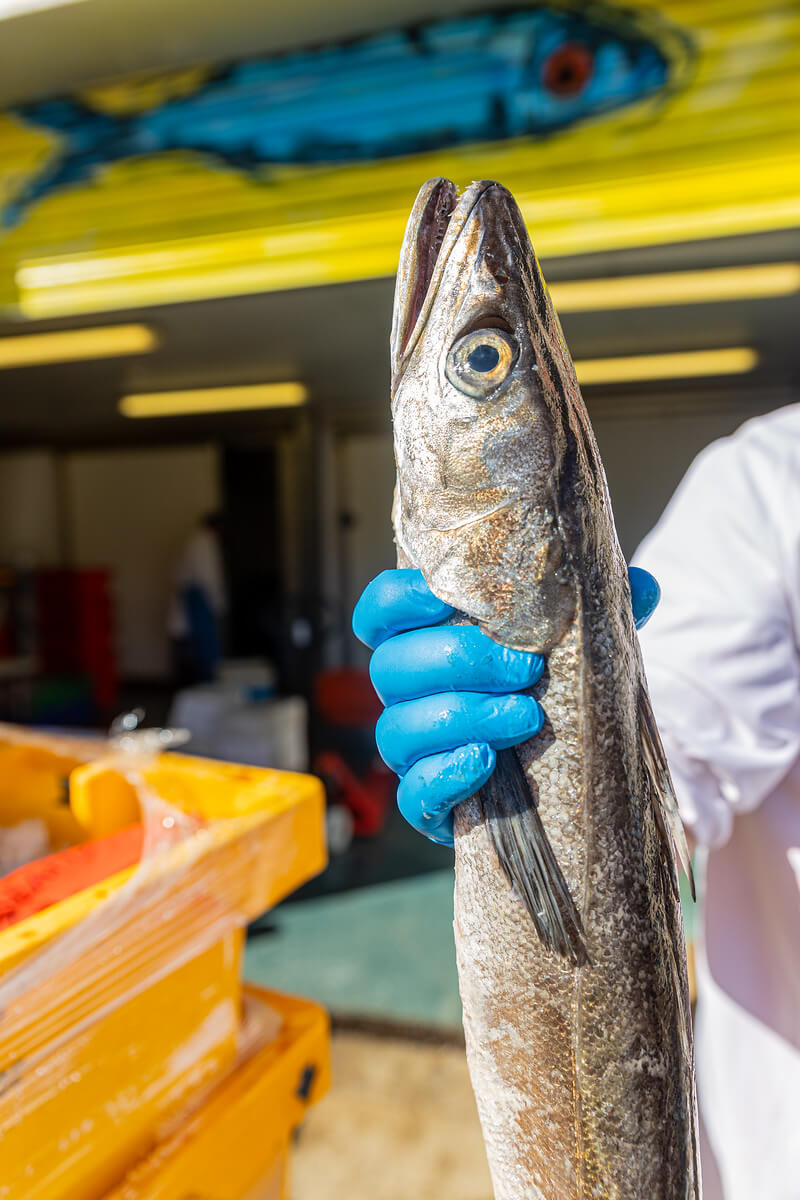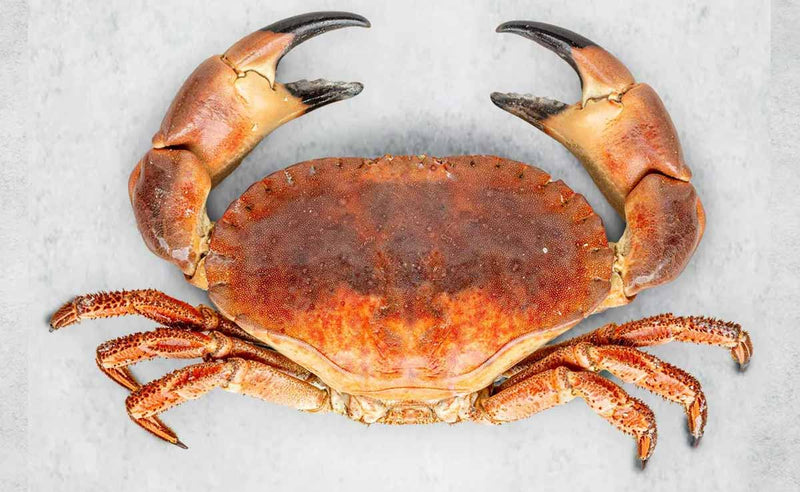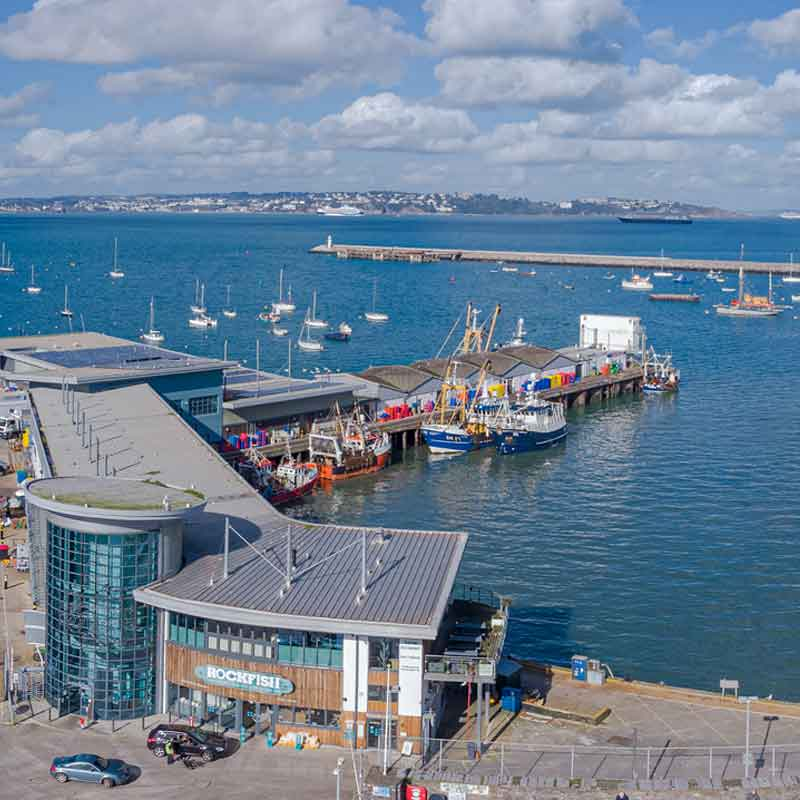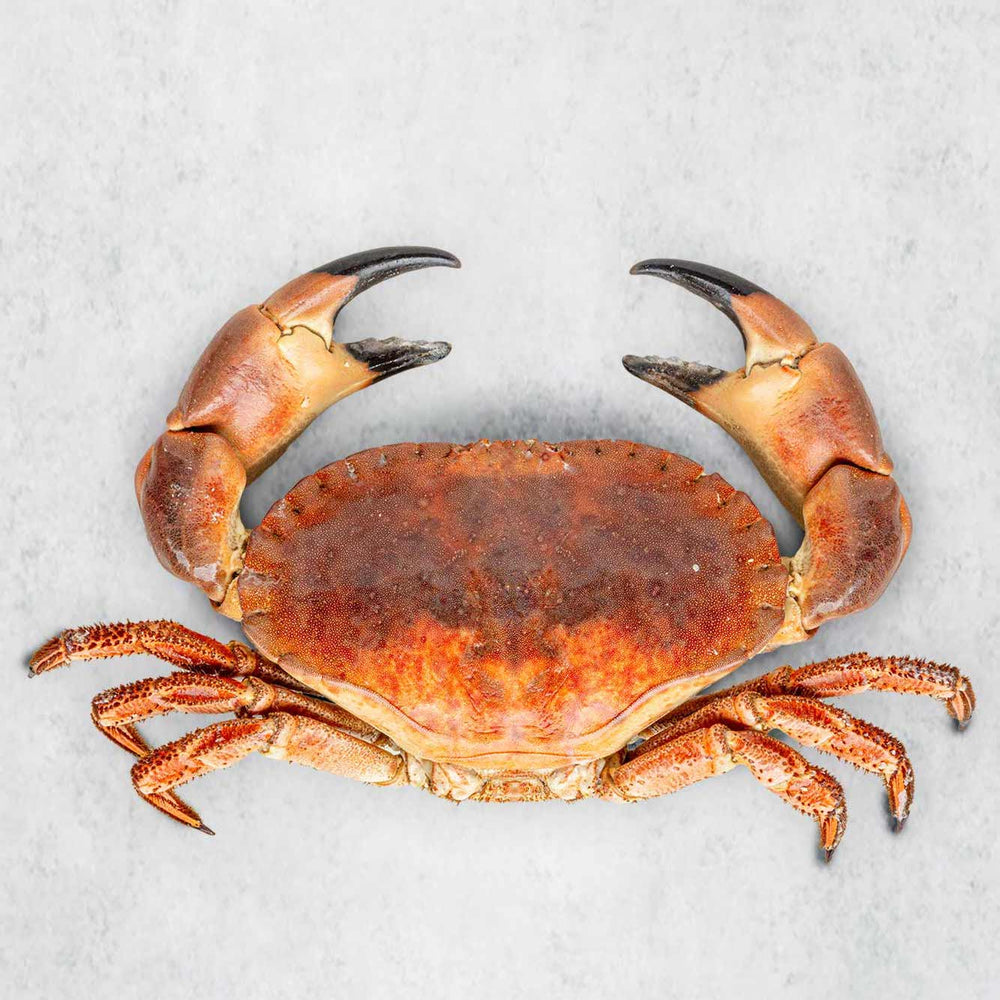MSC Hake: Sustainability Success Story
Hake is a real sustainability success story for the South West. Hake hasn’t always been the prized fish it is, and after a period of slight depletion in the 1990s it was undervalued leading to the hake that was landed arriving on the market in poor condition. The fishing community in the Southwest saw the potential in this fabulous firm white fish and changed their fishing methods, worked hard and got MSC certification for the fishery.
Thanks to changes brought in by the fishermen and a new management plan set up in 2001, hake stocks have recovered to over double their low point. In 2015, the Cornish hake gill net fishery became the first such fishery in the UK to meet the Marine Stewardship Council’s internationally recognised standard for sustainable fishing.
The hake fishery uses gillnets: curtains of netting that hang in the water. Gillnets generally have low environmental impacts with minimal seabed interaction. As well as minimal seabed interaction, one of the fishery’s key strengths is that the gillnets have a larger mesh size than the legal requirement. These nets only target the larger hake and allow the smaller juveniles to swim free, leaving more fish to reproduce.
MSC hake is caught 100 miles off the coast of Newlyn, Cornwall. Just under 2,000 tonnes of European hake (Latin species name: Merluccius merluccius) is landed every year from the boats, which range from under 12 metres to nearly 23 metres long. The catch is sold at neighbouring fish markets to the fishery – right here in Brixham, and also, Plymouth and Newlyn.
At Rockfish we now see wonderful hake landed in Brixham that we prepare at the quayside and send to our restaurants and to our online seafood market customers. We buy hake that are between 2kg and 4kg that we cut into lovely big fillets of this succulent silky fish.
You can enjoy MSC Hake in our restaurants, or buy it on our online seafood market. If you're cooking it at home, try Mitch's Hake with Fennel Salad & Crunchy Salsa Verde Recipe.



